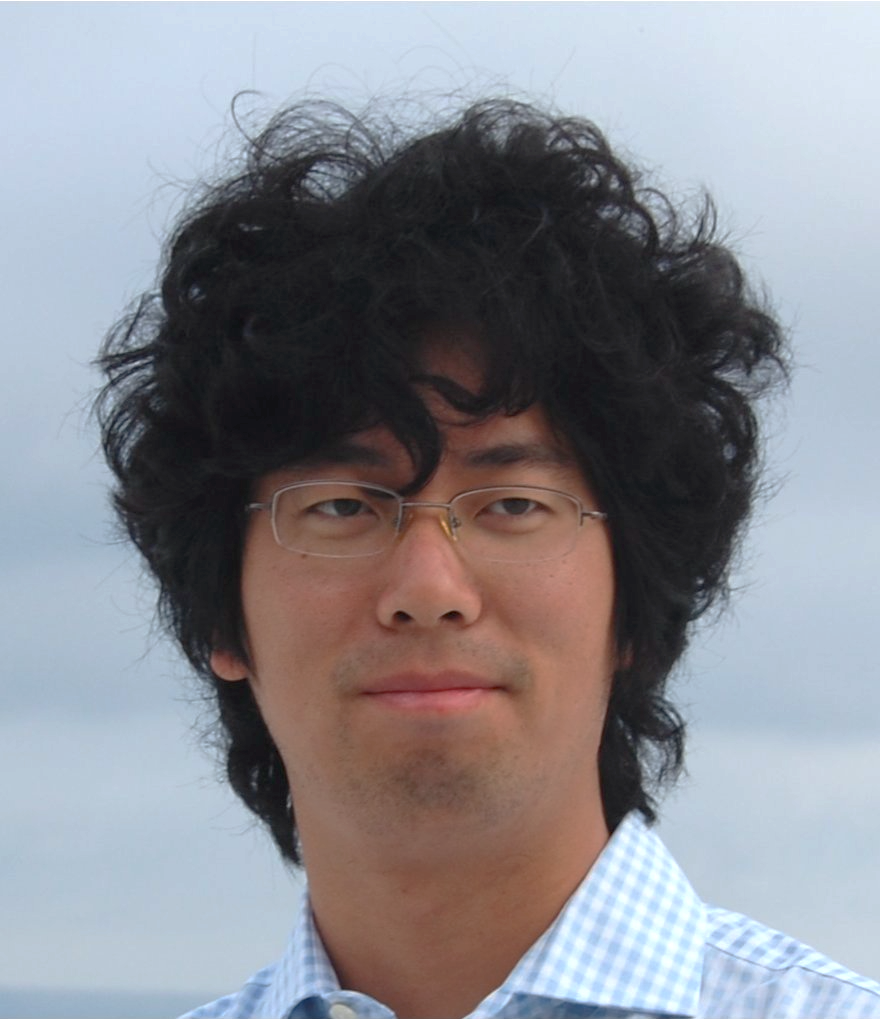Abstract:
Understanding intelligence has long been a central pursuit in neuroscience, cognitive science, and artificial intelligence. It encompasses complex phenomena such as learning, problem-solving, creativity, and consciousness. While recent advancements in geometric analysis have shed light on the representation and organization of high-dimensional information in neural and artificial systems, a comprehensive framework that unifies the static and dynamic aspects of intelligence remains elusive. In this talk, I will introduce a novel mathematical framework based on Riemannian geometry that models both the structure and dynamics of intelligence and consciousness.
In this framework, elements of intelligence are conceptualized as tokens embedded in a high-dimensional space. These token embeddings capture the relationships between various scenarios and tasks, forming manifolds in the intelligence space. Thought flow is represented as the sequential activation of tokens along geodesics within these manifolds. Consciousness, as a self-referential process, perceives and evaluates the thought flow, providing feedback through prediction errors. These errors adjust the geodesic paths, restructuring the manifolds and facilitating learning. This dynamic interaction between intelligence and consciousness guides the evolution of their underlying geometry, offering new insights into both biological and artificial intelligence systems. This unified framework opens avenues for future research and empirical validation. Altogether, this framework can be summarised as “geometry dictates how consciousness navigates, while consciousness guides the evolution of geometry.”
Reference:
Lu, Meng. A mathematical framework of intelligence and consciousness based on Riemannian Geometry. arXiv preprint arXiv:2407.11024 (2024).
个人介绍:
卢萌,北京大学临床医学高等研究院助理教授、研究员、独立PI, 建立人工智能与动态结构实验室。本实验室将先进成像技术和大语言模型为研究的切入点,深入探索多尺度跨模态神经元网络的结构和动态,分析神经元网络的结构动力学机制和及其在疾病模型中的作用。通过多模态跨尺度成像技术,我们能够以前所未有的精度和分辨率观察到神经元网络的微观结构,捕捉到生物分子之间的相互作用和动态变化。而计算机视觉模型则为我们提供了一种高效、准确的数据分析和处理手段,能够从海量的图像数据中提取出有价值的信息,帮助我们揭示神经元网络的复杂性和规律性。
在这个基础上,我们将开发大模型来推动“AI for Science”和“AI for Medicine”的研究。大模型凭借其强大的学习和推理能力,能够处理和分析海量的生物医学数据,发现隐藏在数据中的规律和模式,为生物医学研究提供新的思路和方法。通过大模型的应用,我们可以更深入地理解神经元网络的结构和功能,预测神经退行性疾病的发病机制,为疾病的早期诊断和治疗提供科学依据。
科研与教育经历:
2024至今:北京大学 助理教授/研究员
2022-2023: 剑桥大学Senior Research Associate
2016-2022:剑桥大学Research Associate
2011-2015:剑桥大学 博士
实验室网页:http://lumenglab.com






